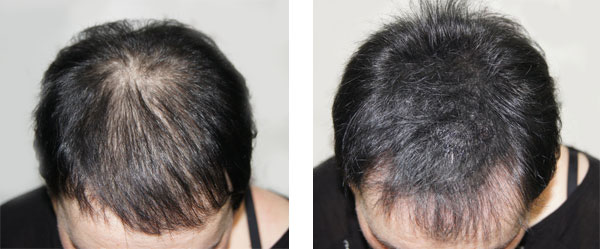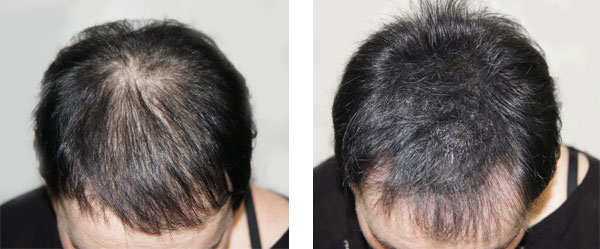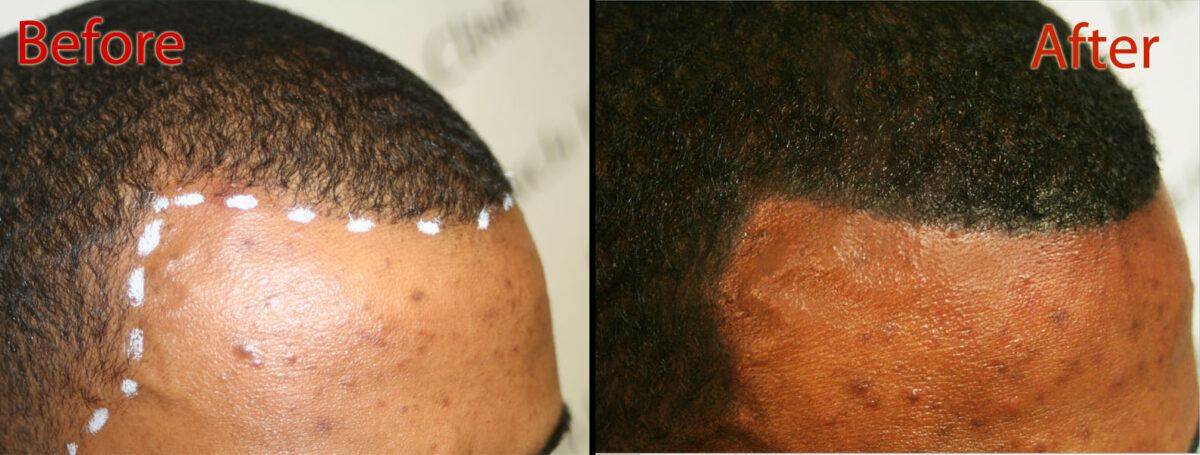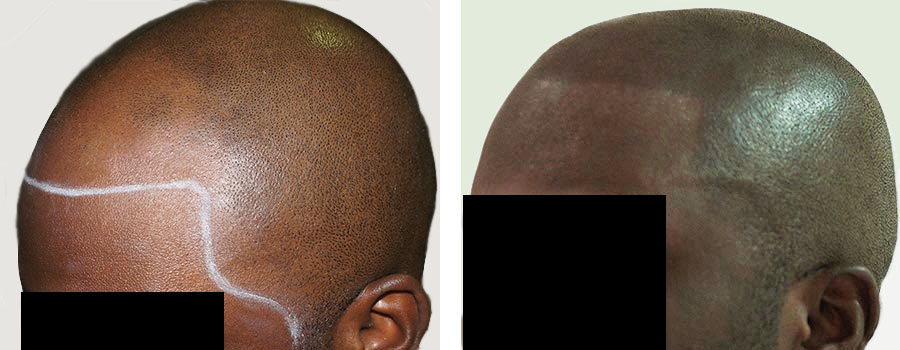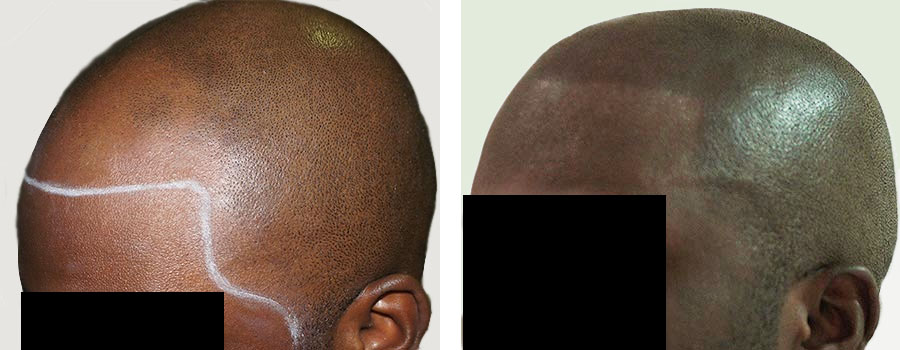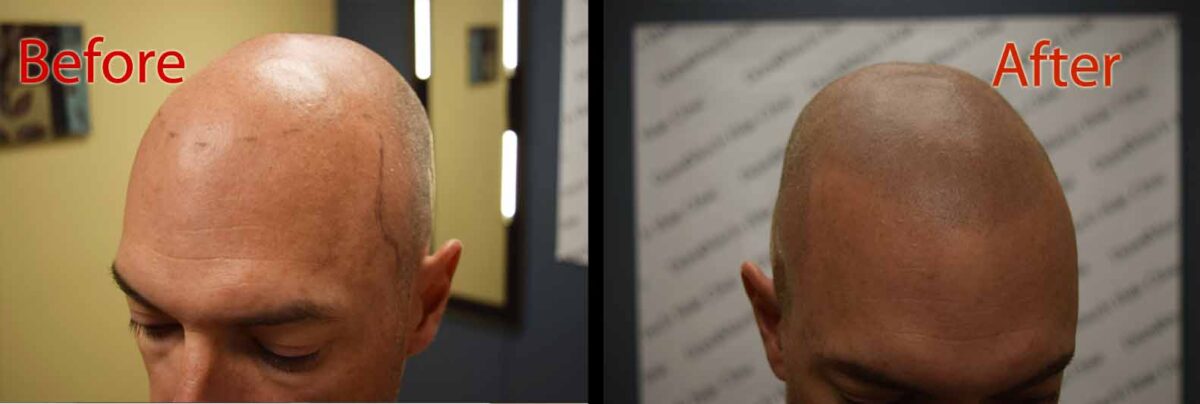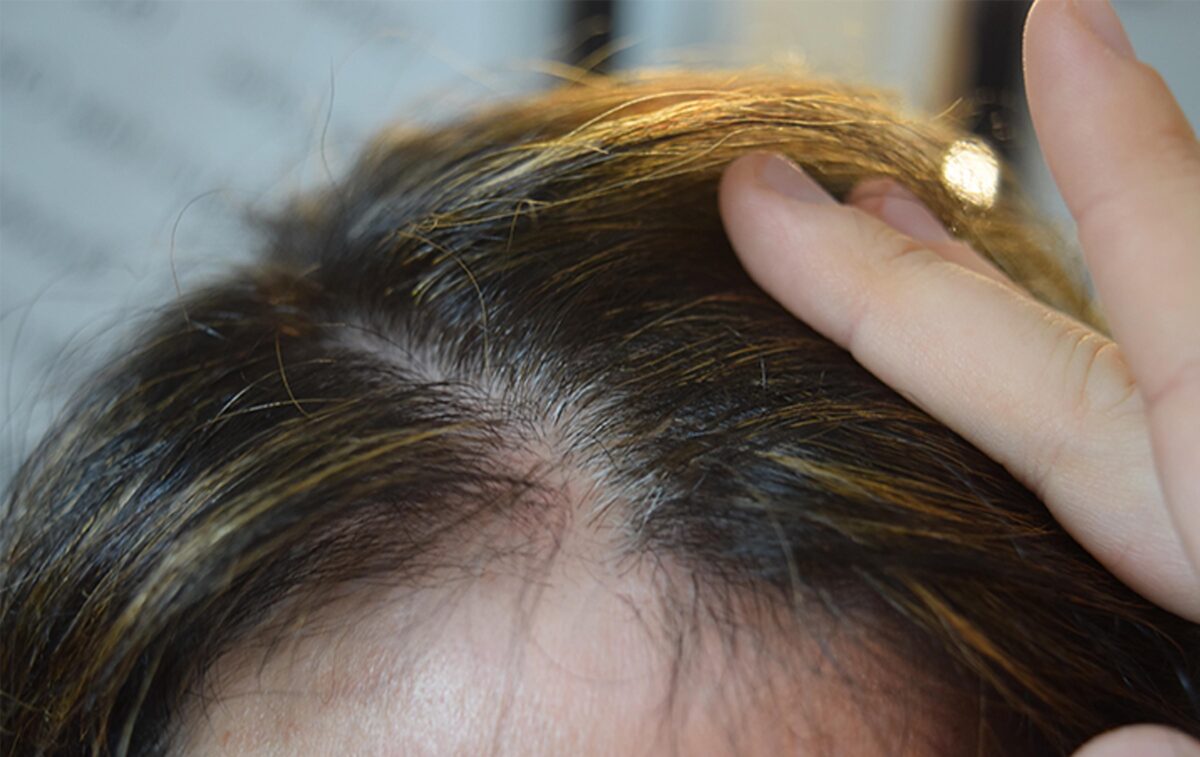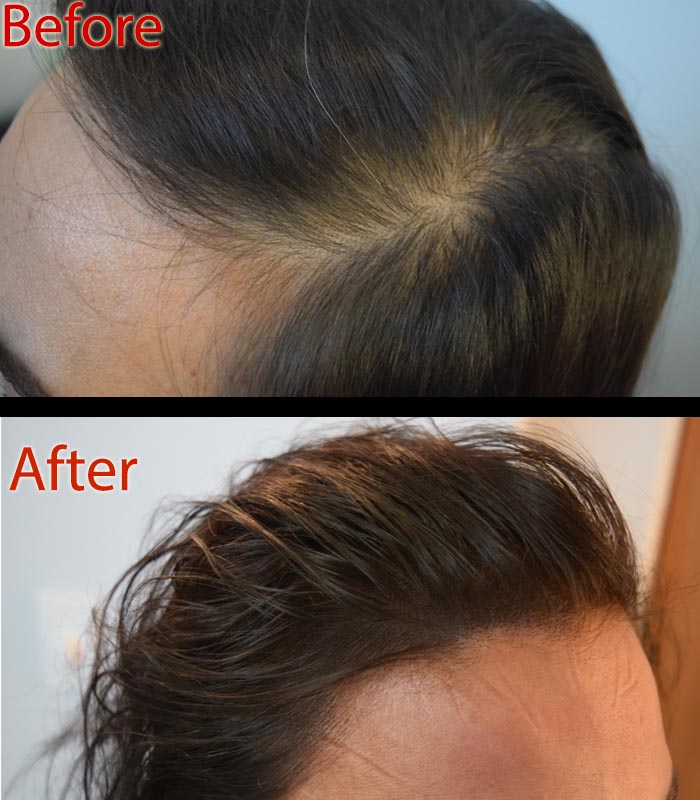Hair loss hurts individuals of all ages and genders. Both men and women hate the sight of their falling hair. As a result, many turn to vitamins and supplements, searching for a quick fix. But does that help? Do vitamin pills stop hair loss?
Well, while a balanced diet rich in essential nutrients is crucial for overall hair health, the effectiveness of vitamin pills in stemming hair loss requires further research.
Vitamins Pills Stop Hair Loss
The role of vitamins and minerals in hair growth cannot be overlooked. Vitamins and minerals are essential to the body, including hair growth. Any vitamin and mineral deficiencies may trigger hair loss.
Iron deficiency can cause hair shedding. It is essential for carrying oxygen to cells, including hair follicles.
Biotin deficiency, also known as vitamin B7, can cause hair loss. It plays a crucial role in keratin production, the structural protein for hair. Deficiency can lead to hair loss, brittle nails, and skin rashes.
Zinc is crucial to scalp health, including hair growth, and deficiency may cause hair loss. It plays a role in protein synthesis and cell division, which are crucial for hair growth.
Similarly, Vitamin D insufficiency is linked to hair loss. Research suggests a potential role of vitamin D in hair follicle cycling and growth regulation.
Do Vitamin Pills Stop Hair Loss?
While certain vitamin deficiencies can lead to hair loss, simply taking vitamin supplements without a confirmed deficiency is unlikely to prevent or reverse existing hair loss in most cases.
High doses of certain vitamins may have adverse effects instead of benefits for hair growth. So, popping vitamin pills unnecessarily may not help your hair loss woes.
Scalp Micropigmentation: A Non-Invasive Alternative to Vitamin Pills for Hair Loss
While vitamin deficiencies can contribute to hair loss, vitamin pills are not a solution for preventing or reversing hair loss in most cases.
SMP has emerged as a non-invasive and permanent alternative for those seeking a solution to their hair loss concerns. The cosmetic tattooing procedure involves implanting pigment into the scalp to create the illusion of tiny hair follicles, providing a natural-looking solution for thinning hair or balding areas.
One of the most significant benefits of SMP is its immediate results. Unlike vitamin pills, which may take months to show results (if any), SMP provides an instant solution, helping restore confidence and self-esteem.
The technique is suitable for advanced stages of hair loss. Scalp micropigmentation offers a practical solution, creating the illusion of a full head of hair or a closely shaved look.
Unlike some hair loss medications or supplements, scalp micropigmentation does not carry the risk of adverse side effects when performed by a skilled and experienced practitioner. So, you should always get help from a skilled SMP practitioner in Scottsdale.
SMP Advantage
Well, DermiMatch Clinic in Scottsdale is well-known for its team of scalp experts. They have been creating natural-looking results for people suffering from hair loss of any type. You can trust the Scottsdale SMP practitioners for your scalp job.

